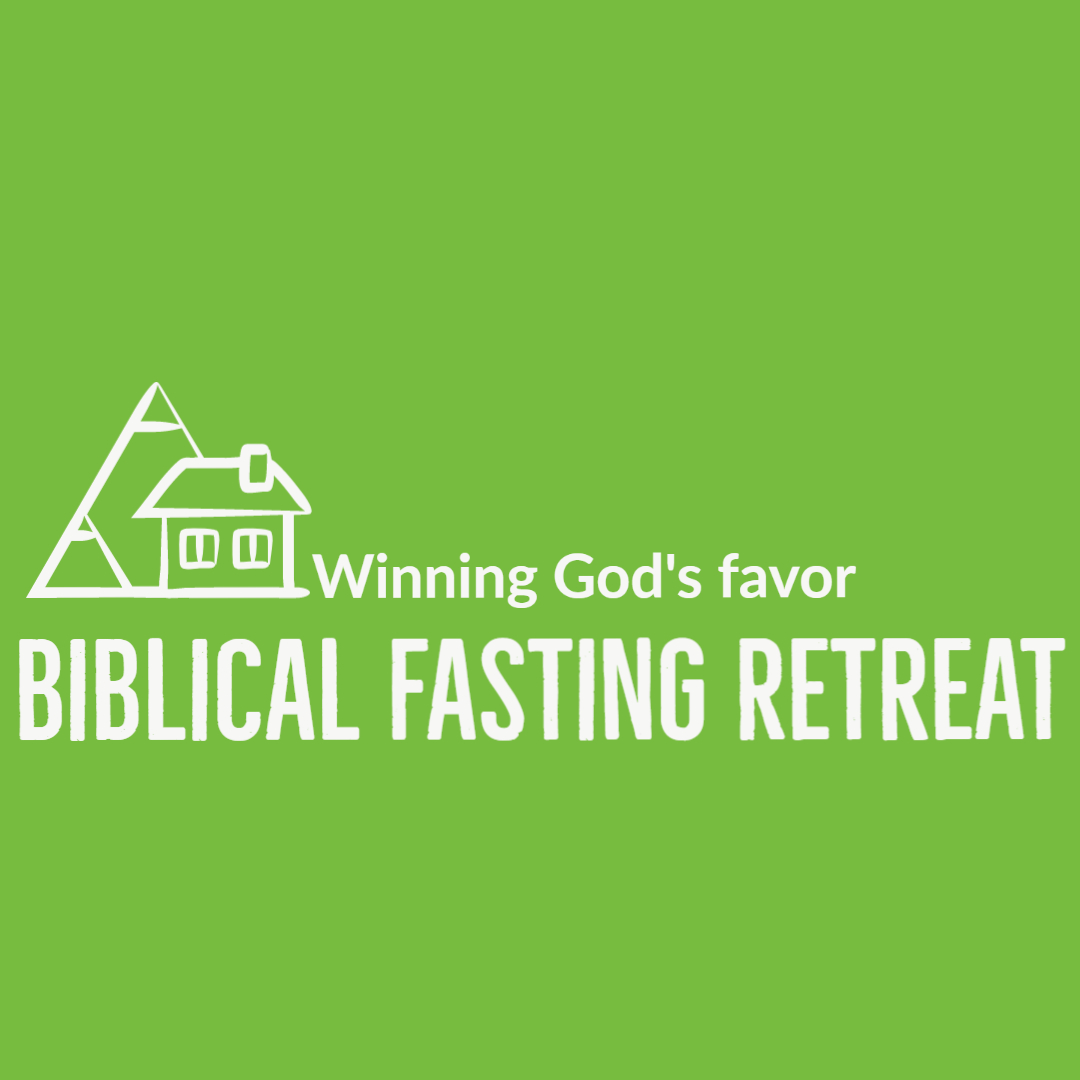
GOD CHOOSES FAST FOR HIS CHILDREN
I desire for Christians worldwide to embrace fasting as a profound practice, one that yields meaningful outcomes.
If every Christian wholeheartedly embraced fasting, it could catalyze a seismic shift in our society, akin to a powerful windstorm bending a young sapling. Christians would manifest their distinct way of life, highlighting the paramount nature of their faith and the tangible presence of the Almighty in their everyday existence.
Imagine if every church committed to fasting; they could propel their mission of evangelism and extend their benevolent outreach to nourish and assist those in need. This unified devotion to fasting could invite a divine outpouring of God’s presence upon His people.
On the first day of the fasting period, contemplate engaging in this course and dedicate 30 minutes each morning to silent meditation/prayer, following your worship.”
For some:
Fasting to achieving good health.
Fasting in fundraising efforts
Fasting for humanitarian causes.
Fasting for political protest.
Fasting for revival.
Fasting for Breakthrough
Fasting to seek God
With so many different reasons and opinions, it is not surprising that confusion exists surrounding the discipline of fasting in the religious context.
Let’s try to put this whole issue of fasting in perspective from the Holy Bible’s point of view. Then we shall look at the different kinds of fast we can do.
God’s Purpose for Fasting
At the end of the introduction begins with the statement, “Is not this the fast that I choose:
to loose the bonds of wickedness…” People wrongly pursue God by not meeting the conditions of Godly fast. Sometimes even spiritual disciplines such as fasting can be practiced with the wrong motives and for the wrong reasons.
While contemplating on these questions below. Ask yourself how it’s done, why it’s done and the beneficial outcome.
When you think of fasting, which approach comes to mind first?
Jewish fast
Muslim fast
Hindu fast
Christian fast
Q1. What is the common benefit or outcome, of fasting used in different cultures?
Q2. So let’s look at Isaiah 58.1-7. According to these verses, what was wrong with the fasting of God chosen people of Israel?
Q3. Reading Isaiah 58:6-8, what are the benefits God promises when fasting is done correctly?
Q4. In which of these areas are you most likely to struggle?
Q5. As you prepare for your personal journey into the discipline of biblical fasting, what do you see as your largest barrier to fasting successfully?
Q6. What will you do to overcome this personal barrier to fasting?
Q7. What type of fast will you embark on: Water fast – Juice fast – Soup fast – Sunrise to Sunset fast?
Tip:
Journal Keeping.
Maintaining a journal during a biblical fast is a profound practice that not only enriches the spiritual journey but also provides valuable insights into one’s relationship with God. As we embark on this sacred journey of fasting, documenting our experiences, thoughts, and revelations allows us to connect more deeply with the divine.
A journal serves as a faithful companion, helping us to track our progress, record prayers, and mark moments of inspiration. It becomes a tangible record of our spiritual growth, reminding us of the lessons learned and the blessings received during our fast.
Moreover, keeping a journal fosters self-reflection, enabling us to identify areas of personal transformation and growth as we draw closer to God. It becomes a testament to our commitment, a source of encouragement during challenging times, and a source of gratitude when we witness the fruits of our fast.
In essence, journaling during a biblical fast not only deepens our connection with God but also becomes a cherished record of our faith journey, serving as a testament to the power of spiritual discipline and devotion.
A simple template for keeping a journal during a biblical fast:
Title: [Choose a title that reflects the purpose of your fast or your personal journey.]
Date:[Record the date of your journal entry.]
Verse or Reflection: [Start with a relevant Bible verse or a brief reflection on your intentions for the fast.]
Prayers and Intentions: [Write down your specific prayers, goals, and intentions for this fasting period.]
Daily Experiences: [Document your daily experiences during the fast, including any challenges, insights, or moments of spiritual significance.]
Gratitude: [List things you are grateful for or any blessings you’ve received during the fast.]
Struggles and Reflections: [Note any difficulties or struggles you’ve encountered and reflect on how you are growing through them.]
Meditation and Scripture: [Share insights gained from meditation and any scriptures that have been particularly meaningful during your fast.]
Progress and Transformation: [Track your progress toward your goals and note any personal transformations or spiritual growth you’ve experienced.]
Conclusion: [Summarize your thoughts for the day, express your commitment to the fast, and end with a closing prayer or reflection.]
Feel free to adapt this template to your preferences and needs, adding or removing sections as necessary to create a journal that serves you best.
REMEMBER DO NOT TELL EVERYONE EXCEPT YOUR CLOSE FAMILY AND CHURCH IF NEEDED. YOU MAY LATER AFTER THE FAST.
